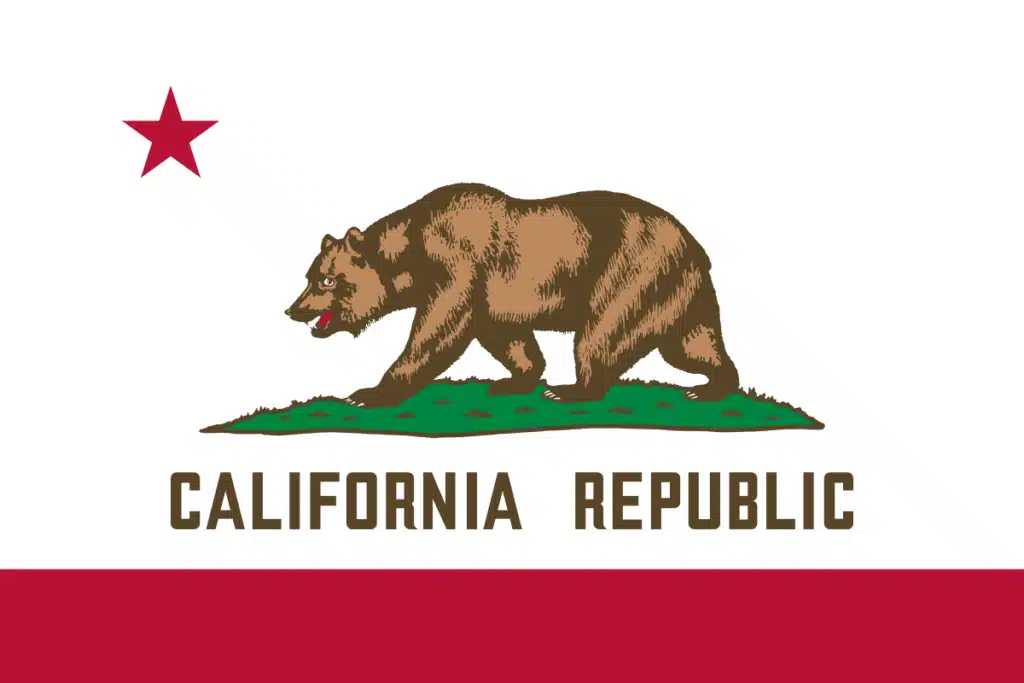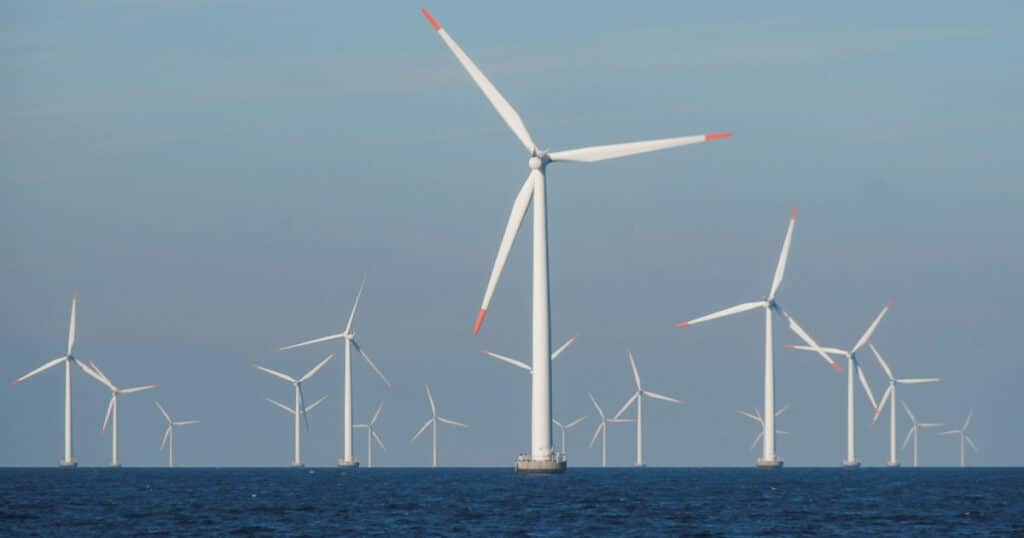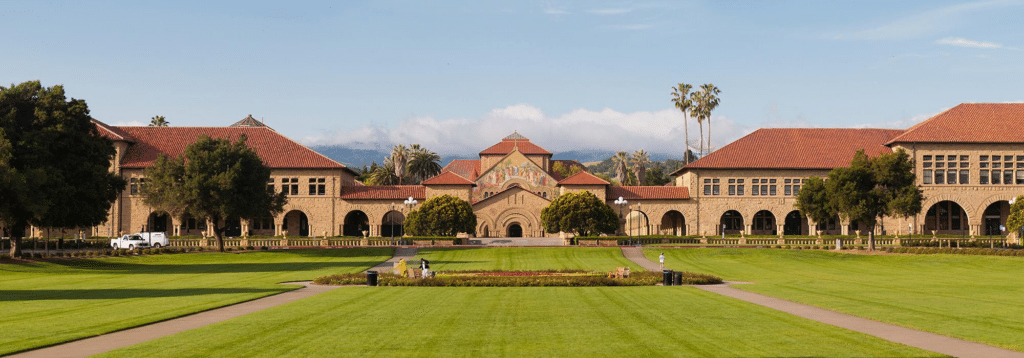
California’s Climate Change Policies Heavy On Platitudes, Light On Data
California Gov. Gavin Newsom continues to tout the need for drastic climate change regulations and policies and a report issued by the state’s Office of Environmental Health Hazard Assessment seems to support his dire warnings.
“Every Californian has suffered from the effects of record high temperatures, dry winters, prolonged drought, and proliferating wildfires in recent years,” says the report published in the latest edition of “Indicators of Climate Change in California.”
“The results are stark,” the report continues. “California has warmed by an average of 2.5 degrees Fahrenheit since 1895 and drought conditions were comparable to the most severe drought periods on record at the end of 2021. Glaciers have essentially disappeared from the Trinity Alps in Northern California, and, in 2020, wildfire smoke plumes were present in each county for at least 46 days.
“California is experiencing a climate crisis that is increasingly taking a toll on the health and well-being of its people and on its unique and diverse ecosystems. Every Californian has suffered from the effects of record high temperatures, dry winters, prolonged drought, and proliferating wildfires in recent years. California’s biodiversity is threatened as alterations to habitat conditions brought about by a changing climate are occurring at a pace that could overwhelm the ability of plant and animal species to adapt.”
Yana Garcia, secretary of the California Environmental Protection Agency, which compiled the report, explained her office’s assertions.
“This report also shows why we must continue to act quickly. This summer, California adopted nation-leading regulations banning the sale of new gas-powered cars by 2035. The forthcoming 2022 Scoping Plan builds on such policies to provide a path to achieving both California’s 2030 climate goals and state carbon neutrality no later than 2045, a goal codified by AB 1279.
“Since 2004,” Garcia said. “California has steadily reduced its greenhouse gas emissions, and the indicators in this report present 41 reasons why we’re not taking our foot off the accelerator.”
The report claims “Human influence has warmed the atmosphere, ocean, and land, leading to measurable, widespread, and rapid changes in our climate,” but doesn’t include data that demonstrates how humans have warned the ocean and land. Many scientists concur that the sun warms the ocean and land, as well as controls climate.
The agency operates the “Climate Change Indicators Program” which develops a set of indicators that track climate change and its impacts on California’s weather, water and other physical systems, ecosystems, agriculture and public health.
The indicators program also prepares periodic reports on the information generated by the climate change indicators that are then used by California’s EPA and other state and local agencies in the decision-making processes they use for devising methods for mitigating and adapting to climate change.
The report manages to conflate wildfires with climate change and the resulting health issues from fire smoke.
Under OEHHA’s strategic plan, the following principles are supposed to guide OEHHA in carrying out its mission: “credibility in scientific findings and reports.”
In other words, the agency is supposed to provide what the governor needs to continue to command and control the state and its people under the fear of “catastrophic” climate change, and justify ongoing federal funding for the state’s environmental programs
Beyond that, OEHHA’s input serves to justify Newsom actions to “hold greedy oil companies accountable for raking in record profits while fleecing Californians at the pump.” He announced a special legislative session December 5 “to put windfall profits of oil companies back in taxpayers’ pockets.”
As the California Globe and other publications have reported, high gas prices are largely a result of the policies put in place by Newsom and other Democrats, which apparently created the gas shortages deliberately.
The Globe recently reported that “Gov. Newsom will start banning gasoline, diesel and even hybrid cars and trucks in 2026, well before California has an electrical grid that can handle the increased energy demand while keeping our light on, or before there are more affordable electric vehicle options for families.”
Last June, Newsom signed into the state budget policies to make it easier to bring clean energy projects online by “speeding up the environmental review process of new clean energy projects, and helping the state move away from electricity generated from fossil fuels,” the Globe reported. “The Governor also announced that he will work with the Legislature to enshrine carbon neutrality into state law, increase the state’s ambition towards our 2030 climate goals and accelerate our clean energy targets, while supporting carbon sequestration from our natural and working lands and advancing safe and equitable engineered carbon removal. He will also work to finalize the state’s historic investments under the $53.9 billion climate commitment, with a focus on equity and community resilience, while expanding opportunities for climate innovation and manufacturing here in California.”
In his California Blueprint, Newsom says California’s “investment” of the $53.9 million climate commitment will “Protect Californians from the extreme effects of fires, drought, and heat.”
Another $6.1 billion will provide “Affordable, convenient electric vehicles for all,” which are expected “to decarbonize California’s most polluting sector and improve public health.”
The report misses how California plans to provide all the increased electricity, when currently the state is nowhere close to being able to provide reliable electricity now, thanks to unreliable alternate energy sources including wind and solar.
Newsom, Oregon Governor Kate Brown, Washington Governor Jay Inslee and British Columbia Premier John Horgan “doubled down” and signed the Pacific Coast Collaborative, another climate agreement “recommitting” the Western region “to climate action.”
In California, “we punch above our weight when it comes to climate action – but our actions can only do so much without the rest of the world at our side,” Gov. Newsom said, insisting climate change is “the issue that unites all of us, not just here, but around the rest of the globe.”
Newsom called what is taking place, “the Great Awakening,” noting that “something is happening… the extreme heat, extreme drought, the extreme weather… we have all experienced this whipsaw back and forth.”
When President Joe Biden attended the 2022 United Nations Climate Change Conference in Egypt, he seemed to suggest California’s and the federal government’s climate change policies equate to a redistribution of U.S. wealth: “A climate crisis is about human security, economic security, environmental security, national security, and the very life of the planet,” Biden said.



